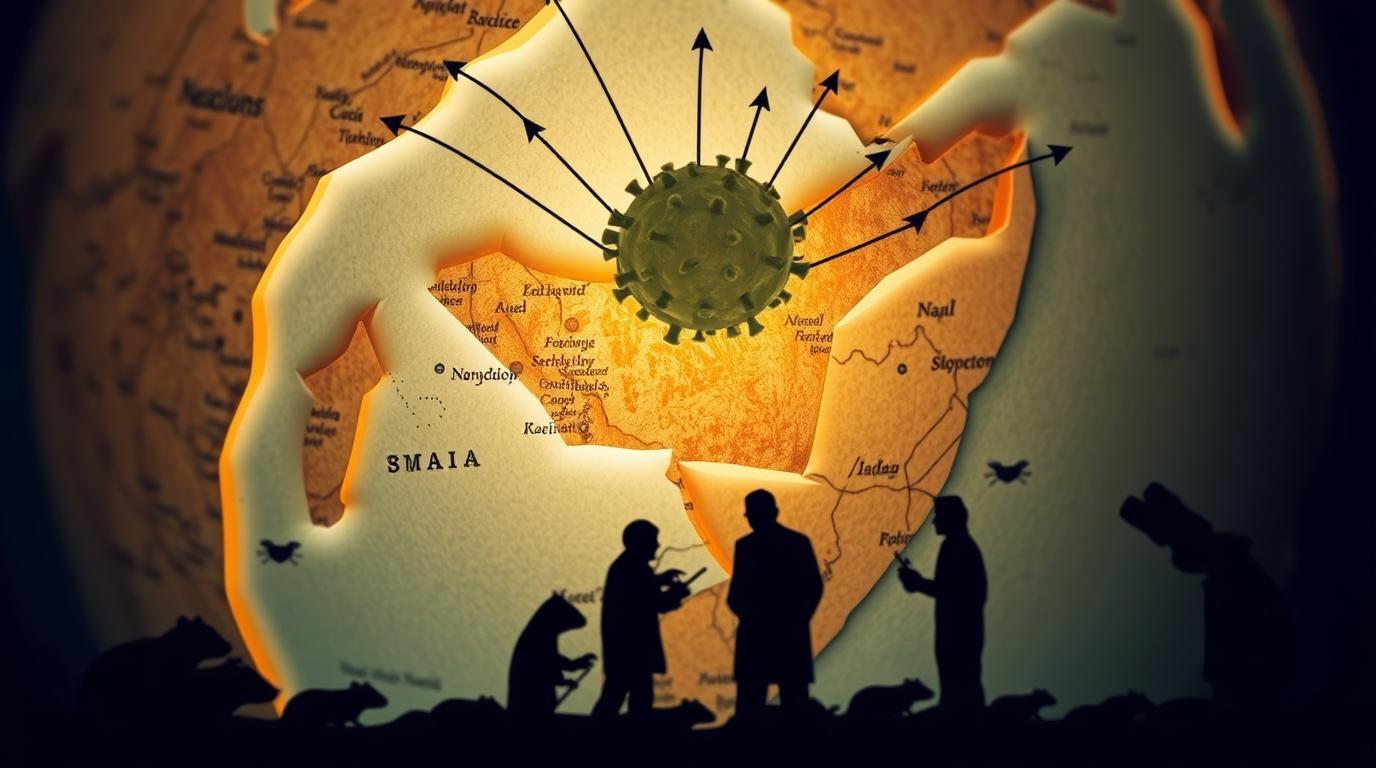Frequently Asked Questions: Genetic Factors in Smoking and Cancer
1. Can genetics influence a person’s likelihood to start smoking?
Yes, research indicates that genetic factors play a role in nicotine addiction. Certain gene variants can make people more likely to start smoking and find it harder to quit.
2. How do genetic factors affect smoking addiction?
Genetic variations in nicotine receptors and dopamine pathways can influence how the brain reacts to nicotine, making some individuals more prone to addiction.
3. Can genetics determine how easily someone can quit smoking?
Yes, some genes impact nicotine metabolism and withdrawal symptoms, making quitting easier or more difficult for different individuals.
4. Is there a genetic link between smoking and lung cancer?
Yes, certain inherited genetic mutations can increase the risk of lung cancer in smokers by making their cells more vulnerable to tobacco toxins.
5. Can a non-smoker get lung cancer due to genetic factors?
Yes, even non-smokers can develop lung cancer due to inherited genetic mutations, though smoking significantly increases the risk.
6. What genes are associated with lung cancer risk from smoking?
Genes such as CHRNA5, CHRNA3, and CYP2A6 have been linked to smoking-related lung cancer risk.
7. How does the CYP2A6 gene influence nicotine dependence?
The CYP2A6 gene affects how the body metabolizes nicotine. Variants of this gene can alter nicotine breakdown and withdrawal symptoms.
8. Are there genetic tests to determine smoking-related cancer risk?
Yes, genetic testing can identify mutations associated with increased cancer risk, but lifestyle choices also play a critical role.
9. Does family history play a role in smoking addiction?
Yes, a family history of smoking addiction can indicate a genetic predisposition to nicotine dependence and increased cancer risk.
10. Can genetic factors make someone immune to smoking-related cancer?
No one is truly immune, but some genetic profiles may confer a lower risk or slower disease progression compared to others.
11. How does the CHRNA5 gene affect lung cancer risk?
Mutations in the CHRNA5 gene can increase the likelihood of smoking addiction and are linked to a higher risk of lung cancer.
12. Can genetic research help develop better treatments for smoking addiction?
Yes, understanding genetic factors may lead to personalized smoking cessation therapies targeting specific genetic profiles.
13. Are lung cancer risks from smoking higher in some ethnic groups due to genetics?
Yes, genetic variations affecting nicotine metabolism and cancer susceptibility can differ across ethnic groups, influencing risk levels.
14. How does DNA damage from smoking lead to cancer?
Smoking introduces carcinogens that cause genetic mutations, leading to uncontrolled cell growth and potentially resulting in cancer.
15. Can genetic counseling help smokers understand their cancer risk?
Yes, genetic counseling can provide insights into an individual’s risk factors and help guide decisions on smoking cessation.
16. Do second-hand smokers have genetic risks for cancer similar to smokers?
While second-hand smoke exposure increases cancer risk, genetic predisposition also plays a significant role.
17. Are some people more resistant to nicotine addiction due to their genes?
Yes, some genetic variations make individuals less susceptible to nicotine addiction, reducing their likelihood of becoming habitual smokers.
18. Can gene therapy be used to prevent smoking-related diseases?
Gene therapy is still in research stages, but future treatments may target specific genetic vulnerabilities to prevent smoking-related diseases.
19. Do e-cigarettes and vaping pose genetic risks similar to smoking?
While vaping is often considered less harmful than smoking, it still introduces chemicals that may increase the risk of genetic mutations.
20. How can a smoker reduce their genetic risk for cancer?
The best way is to quit smoking, adopt a healthy diet, exercise regularly, and undergo regular medical screenings for early detection.
Legal Disclaimer
This article is for informational purposes only and does not constitute medical advice. Always consult a healthcare professional for personalized guidance.





